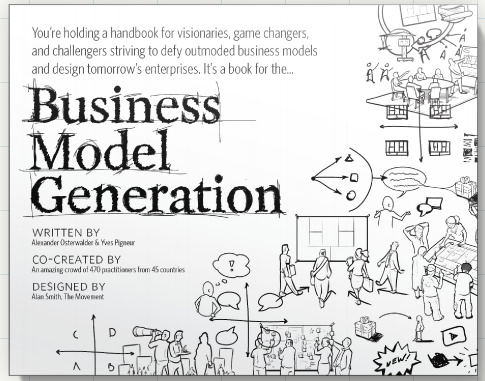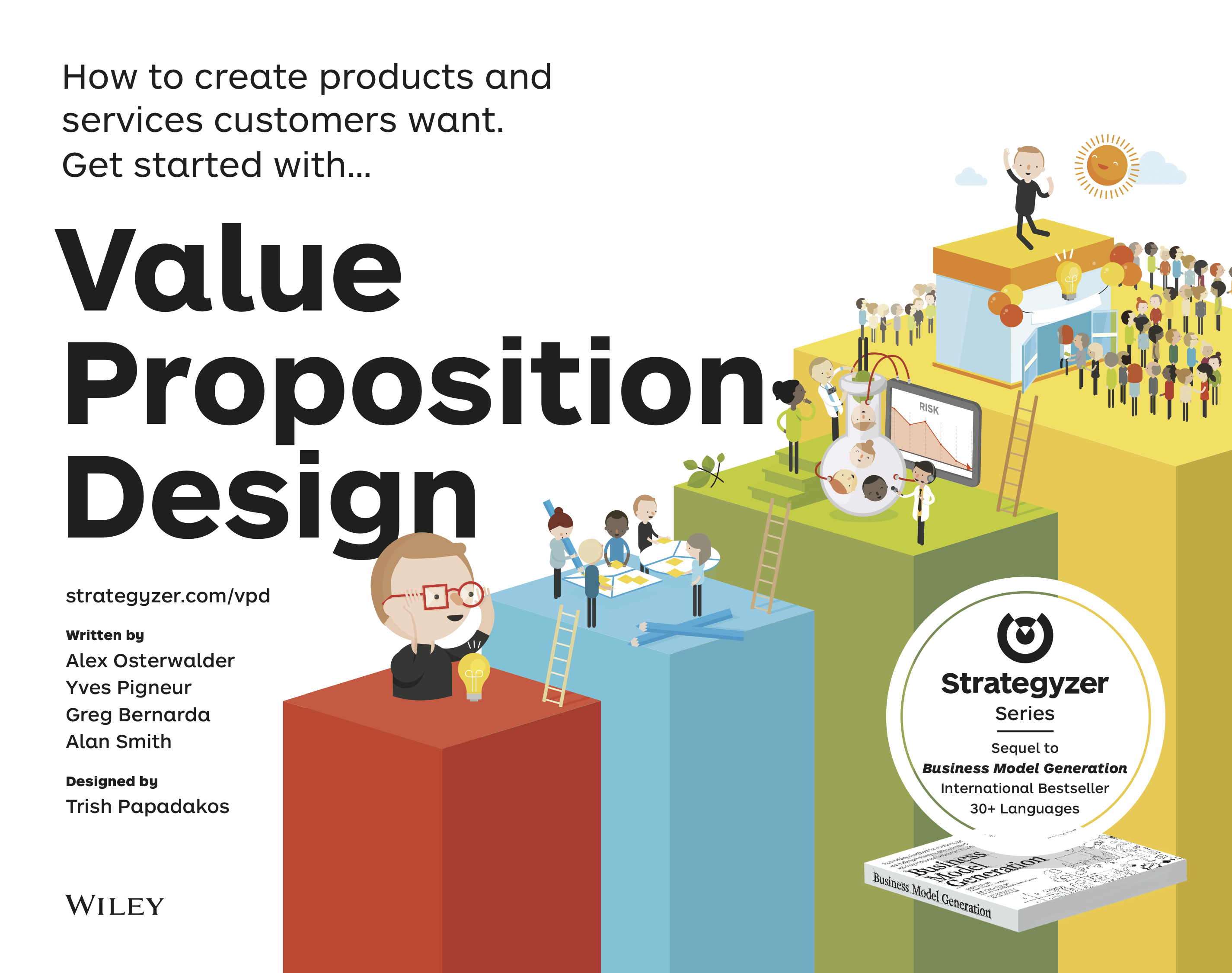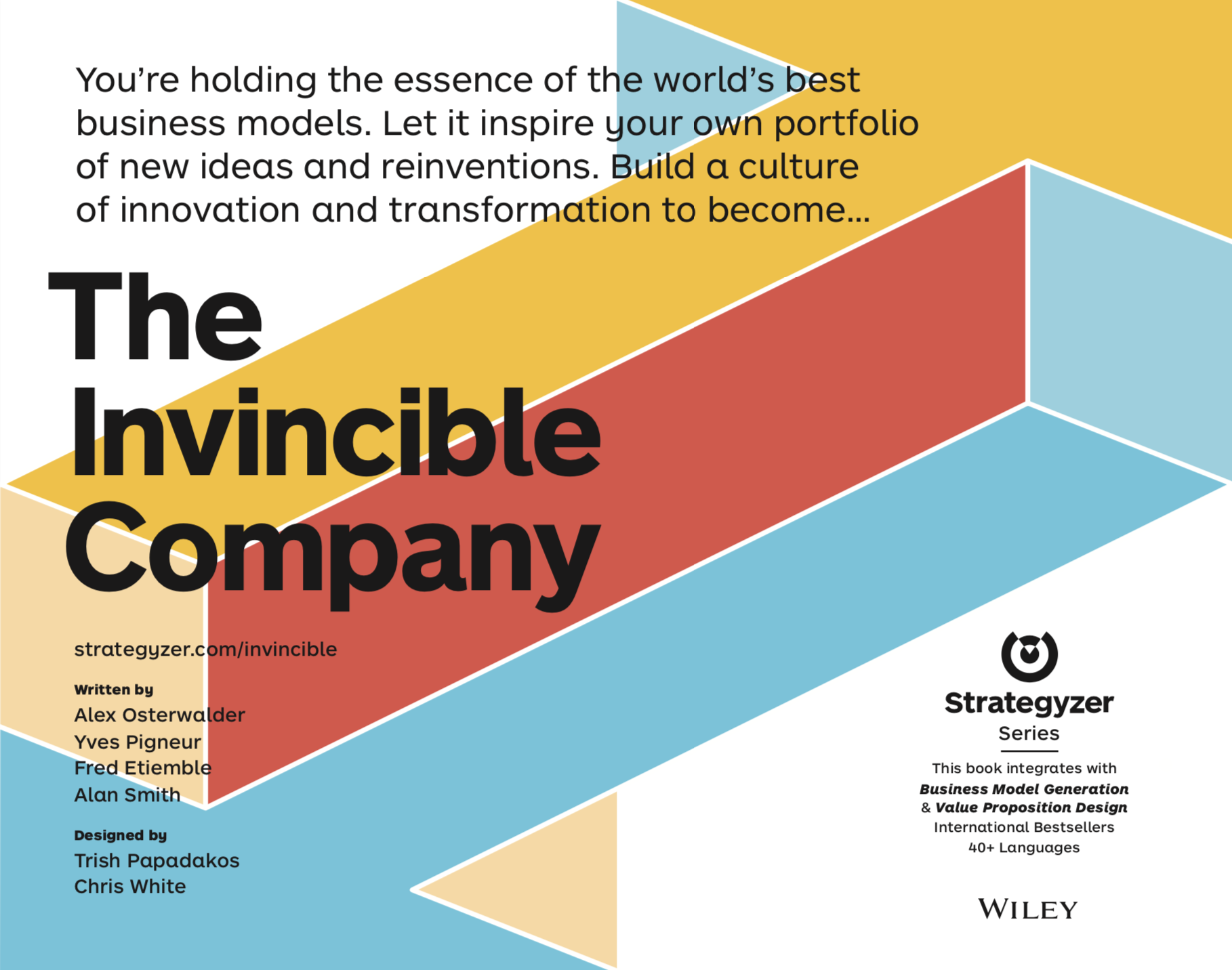Design Science Research in IS
Friday, February 3rd, 2012Research seminar for the 2012 CUSO Doctoral Programme (web)
Introduction
The course develops skills needed for conducting design research in information systems. This kind of research aims at designing artefacts such as tools, methods and techniques, that make information systems more effective and efficient. Participants will also acquire skills in writing research proposals and articles that follow the design research paradigm. Upon completion this course, the participants will have a general understanding of the current state and trends in design research in information systems, and be aware of design paradigms, frameworks, theories, methods, patterns, evaluation approaches, and rationales. Furthermore, the participants will be able to use theses design techniques for reviewing and writing research papers.




